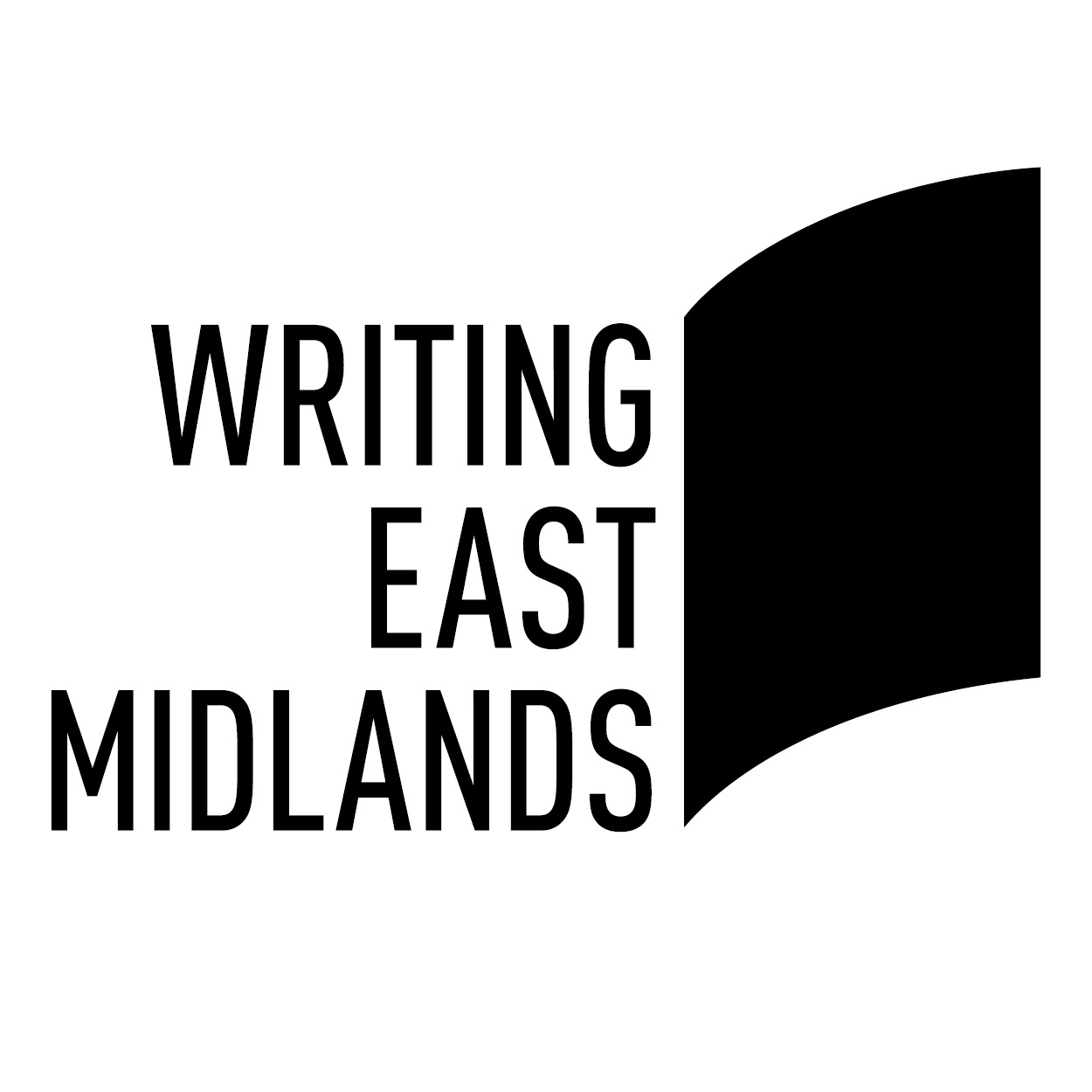James Wheeler, Founder of the Perito Prize

We all recognise that feeling of our submissions being sucked into the black hole of writing competitions. There are methods which increase a story’s chance of escaping and returning a winner.
A Starter For Ten – It’s essential, when submitting to competitions, especially popular ones, that writers help their story to stand out from the crowd. This doesn’t mean shaking things up with sensuous serifs plonked amongst a fandango of page and dialogue layouts. Go back to your first paragraph, put it back in the writing oven and cook it till you can’t do anymore yourself.
The first few lines of a novel are important, but in a short story competition, they are vital. Many writers are still starting with the weather so turn off that rain machine, rake up those Autumn leaves, and take your scene off the front porch. Write from the heart and get your writing style down on the first line– it’ll shine through and make your story different enough to get onto the long list.
A Rushed End – A huge number of stories start with good pacing, and then something happens three-quarters of the way through. The writer hits the fast-forward button and suddenly the character who spent the first 1000 words of their childhood dreaming about going to Harvard is now not only there but has finished their degree, become President, solved global conflict and launched it into space all in about two hundred and fifty words. Take the time to consider the entire story you want to create because you might have made it through to the long list on the strength of the opening lines but you’ll be back out in the also-rans if the narrative gets lost in the final third.
Gary Huddless, Marketing Manager, Writing East Midlands

Quality – first and foremost. That is a prerequisite. There is writing that has clear raw potential, but writing is a craft, and in order to be shortlisted a writer must have put those craft elements in order. Structured well, paced well. No heavy exposition, not littered with adverbs, not burdened by over description.
After that, it is about saying something. The subject matter is important, obviously, but it’s not just about what you are telling, it’s about what you are saying with what you are telling. The best work has layers, allegory. A point always just below the surface, bursting out at key moments.
Next is originality. Again, this is not (necessarily) about subject, it’s about voice. It’s about detail. It’s about impact. The works that grab attention out of a pile of a thousand, are ones that pull at a thread that you didn’t know was loose.
And lastly, annoyingly, it is about that something indescribable. Something you can’t ask for, because if you knew what it was, everyone would do it. That’s the point though. Write with purpose, find your details, find your passions and show us something we didn’t know we wanted to see.
Daniel Morgan, Founder, Grindstone Literary

Firstly, good editing. A winning piece will always have impeccable spelling and grammar, and will feel polished to the Nth degree. A first draft never wins awards. That much we know. If you have poor editing, you’re knee-capping yourself before you even get off the start line.
Pieces that focus on the story, not the writer, do the best. When we begin reading, we want to know what the story is, who the characters are, and what makes it different from the hundreds of others we’re reading. We want to be thrust into the narrative, and introducing us to the characters and the plot right off the bat is always a good way to go. Writers who value the sound of their own writing more than the weight of their story will always come up short. And believe us, it’s easy to tell!
Another thing we always love to see is a good balance between text and subtext. This is often trivialised as ‘show don’t tell’, but I think a better way to visualise it when writing is what is said versus what is implied. This directly ties into pacing and mastery over the story, too. A piece should move swiftly, but never feel out of control. A deft writer will use a single sentence to convey paragraphs of meaning. And every word will feel weighty, that it’s earned its place. When we read pieces, we earmark the ones that feel like this. Ones where every beat is in time, every description carrying subtext, every event contributing towards the final culmination.
Finally, on concept and ideas — don’t get hung up on crafting something brand new and grand. Focus on the granular aspects of your own story, your own characters. This is where you can innovate. Approaching old ideas in new ways and showing us flashes of depth and effort always goes a long way.
At the end of the day, there’s no recipe for success. You just have to write a damn good story, and make sure it’s trimmed of all fat, carries more subtextual weight than a reader could think possible, and is edited and polished to shine.
Let us know you want us to write more content like this with a love!
Share







